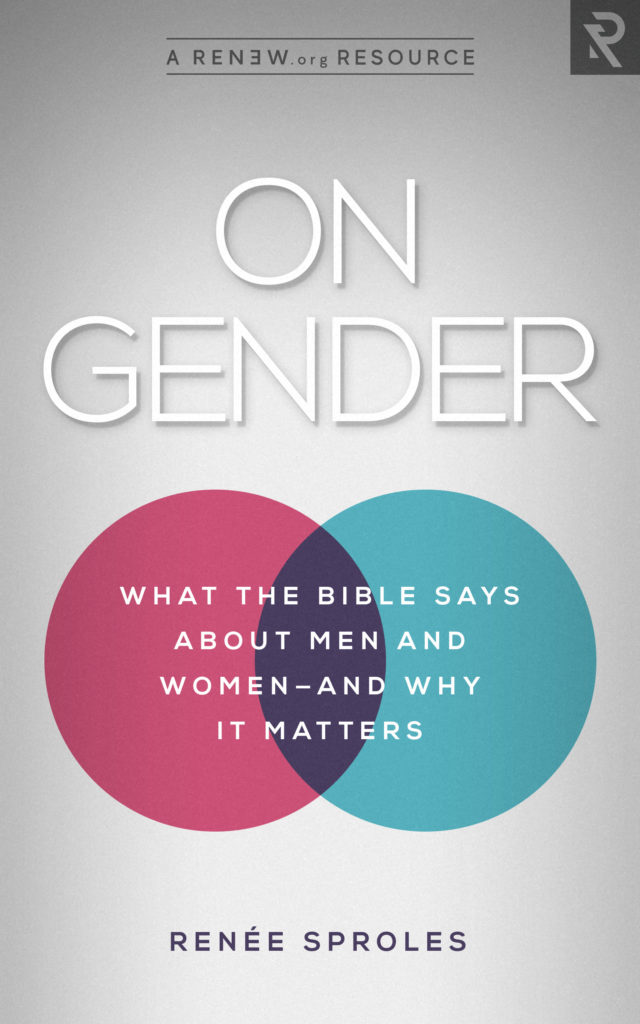
The Key to Understanding the Bible: A Story of Two Brave Women
What is the key to understanding the Bible? Although there are helpful tools for understanding the Bible, understanding has more to do with practicing obedience than just learning information. In this article, Renee Sproles tells the story of two Iranian Christians who learned through persecution that “it’s more important to learn just one verse every day and actually live it.”
Maryam Rostampour and Marziyeh Amirizadeh were raised by Muslim families in Iran. They were studying Christian theology in Turkey in 2005 when they met and they realized that they’d become Christians about the same time, six years earlier. They decided to join forces.
So, when they got back to Iran, they started some house churches out of their apartment, one for young people and one for prostitutes. They also decided that they needed to address the issue of false Bibles being distributed in Iran. I didn’t know this, but Iran publishes New Testaments that claim that Jesus is a prophet just like Muhammad and that prophet Muhammad comes after him. And so people think they’ve read the Bible and think they know who Jesus is, and they just give him a pass.
“People think they’ve read the Bible and think they know who Jesus is, and they just give him a pass.”
So, they decided, Nope. We’re going to take a map of the city of Tehran. They made a grid out of it, and they decided, under the cover of darkness usually, to go methodically through their city and covertly distribute New Testaments. They put them in mailboxes. They left them on the back of taxi cabs. They put them in restaurants. And they didn’t tell their families what they were doing because they knew they would need plausible deniability. When they got caught, they didn’t want to endanger their own families.
So, for two years this went on, and the country of Iran thought they’d been invaded by a Christian organization which had infiltrated their country. It’s these two girls distributing 20,000 New Testaments in their capital city.
“The country of Iran thought they’d been invaded by a Christian organization…It’s these two girls…”
Two years go by, and sure enough the knock comes on their apartment door that they knew would be coming. It was the police. They were there to arrest them on charges of apostasy, anti-government activity, and blasphemy.
Maryam and Marziyeh were taken in the back of a police car and taken to the back door of the police department. And they knew that was not a good thing. Eventually they were transferred to Evin Prison. You may have heard of this on the news. Evin Prison is where lots of people go to die and where lots of people go to be tortured.
There they sat in Evin Prison with no Bible and separated from one another. But what they had were memories of the verses they’d read in Scripture.
“What they had were memories of the verses they’d read in Scripture.”
Marzia puts it this way:
“Even though it was very difficult being in that horrible place, our faith grew because we didn’t have a Bible with us for nine months. But we learned how to live it, how to live the verses of the Bible. Sometimes, we just read the Bible every day without getting anything from the Bible. But at that time, when we were in prison, we learned how to live with those verses. And that’s why I’m telling you it’s more important to learn just one verse every day and actually live it.”
“It’s more important to learn just one verse every day and actually live it.”
So, good theology? It’s not simply knowledge. It’s obedience. Jesus himself says if we claim to be his disciples, we’ll obey the truth (John 14:15).
Obedience is key to understanding and freedom.








